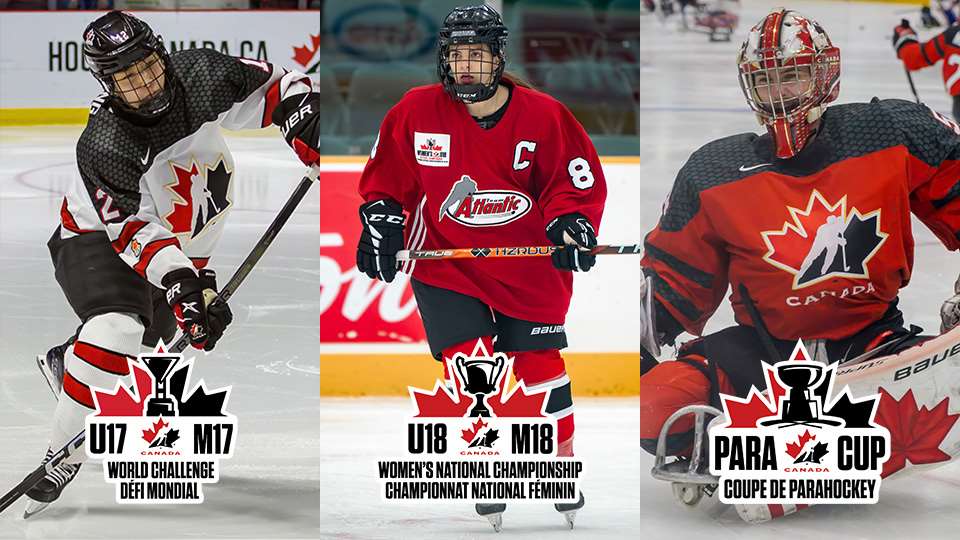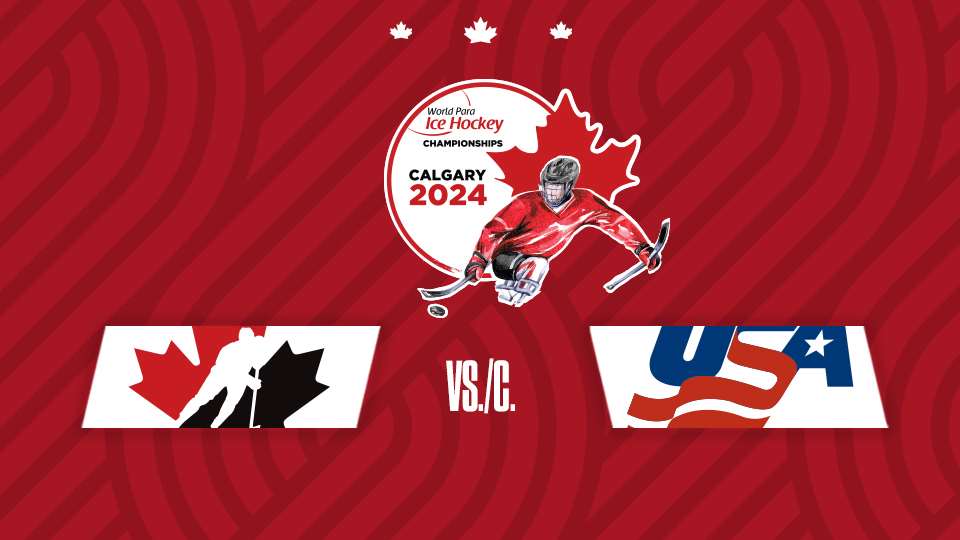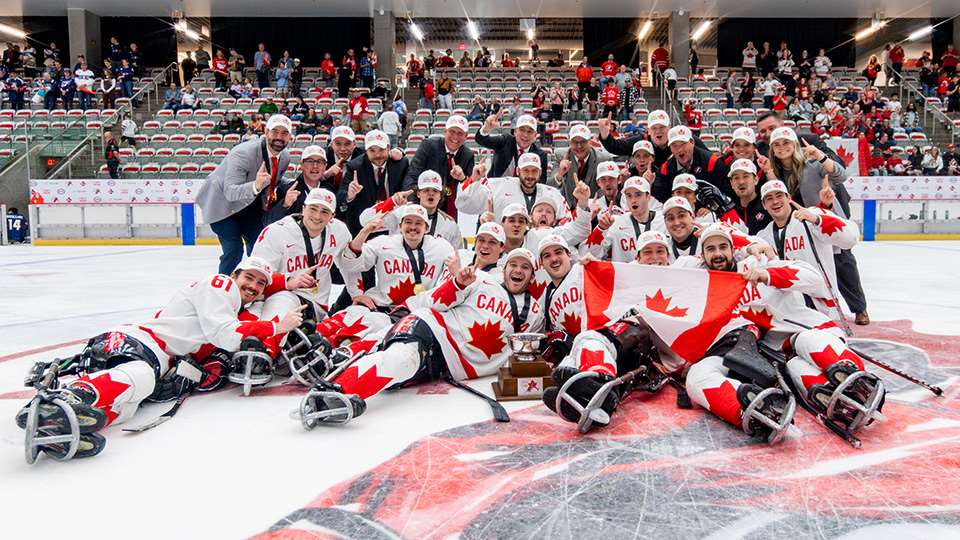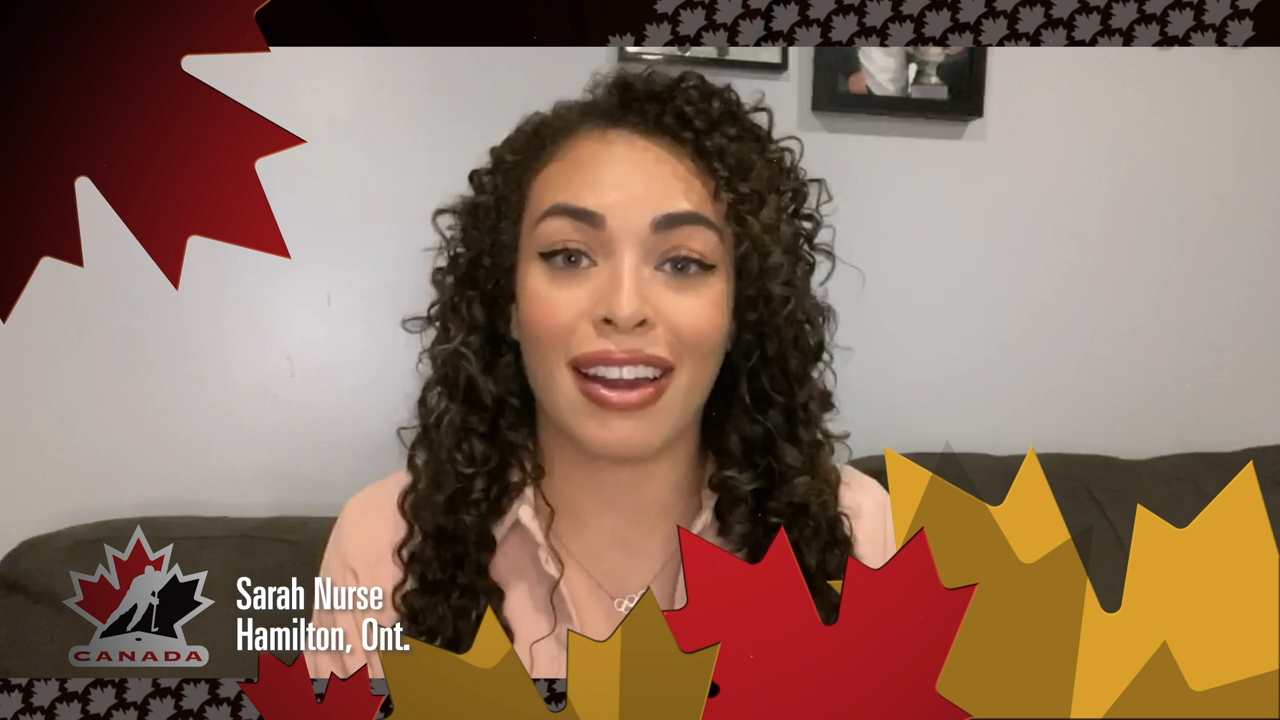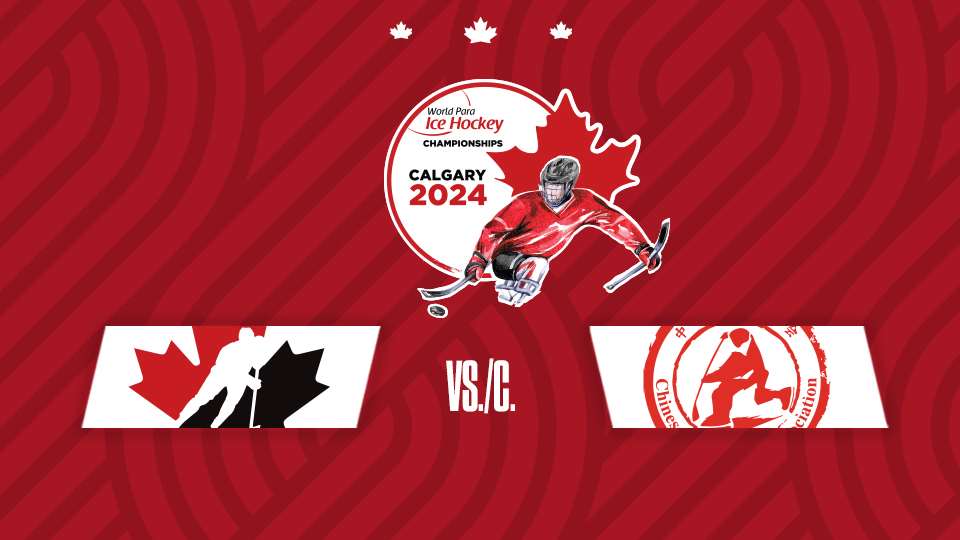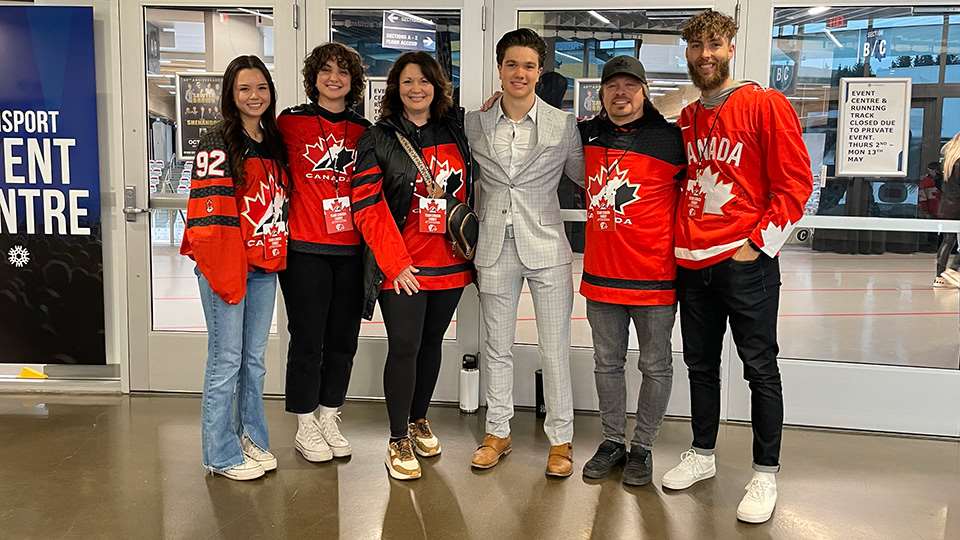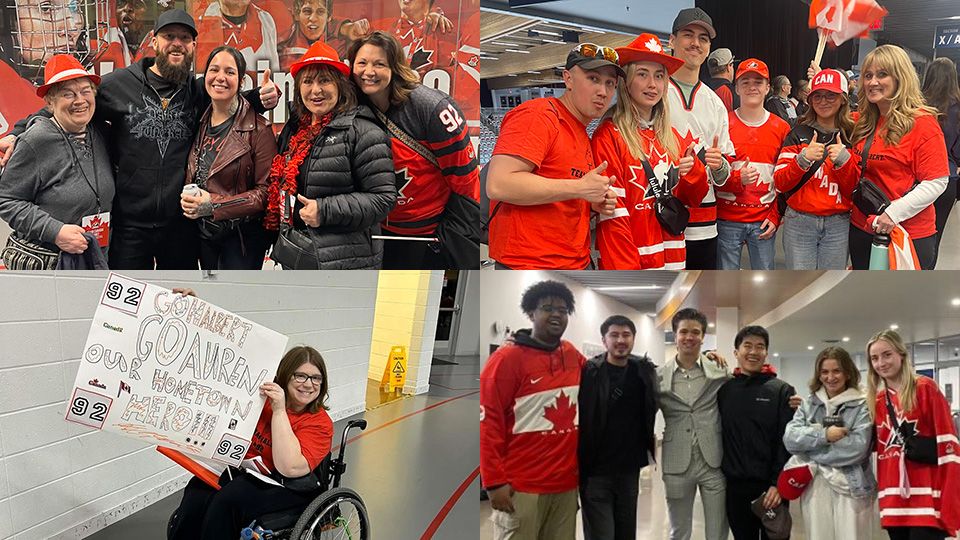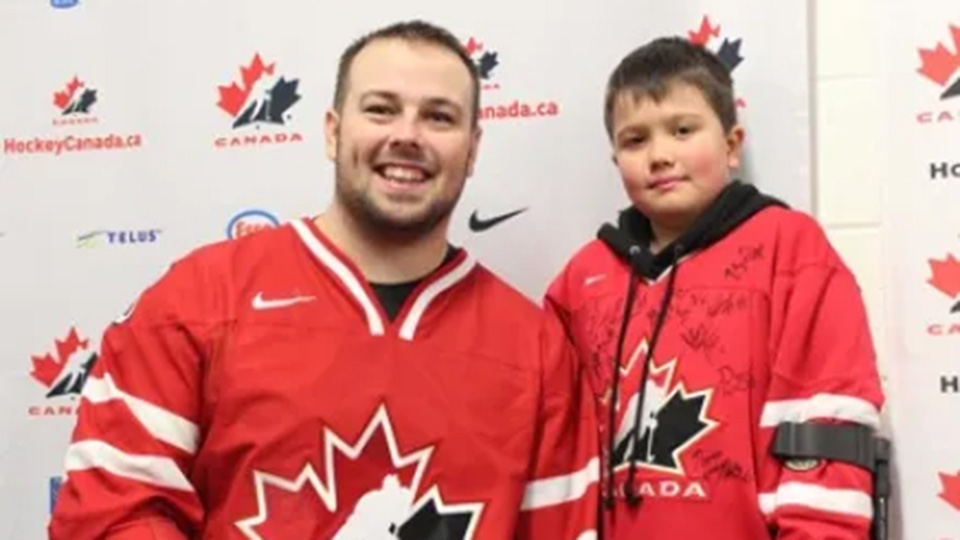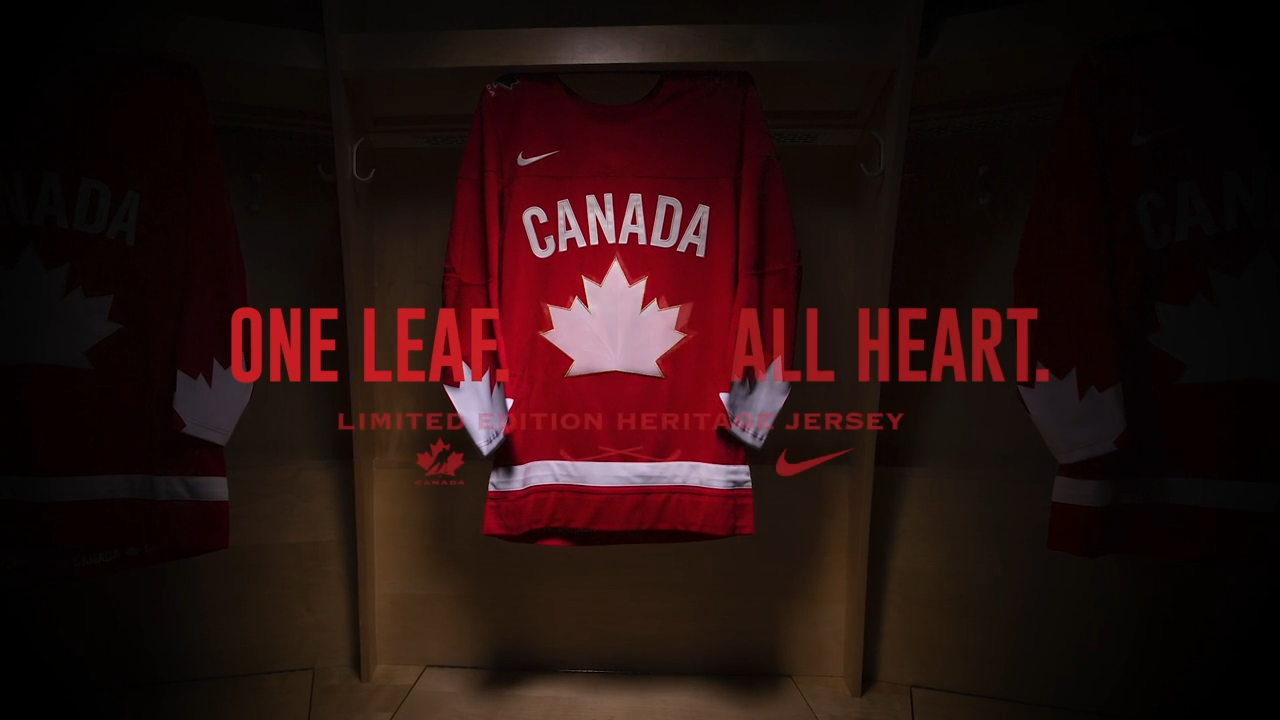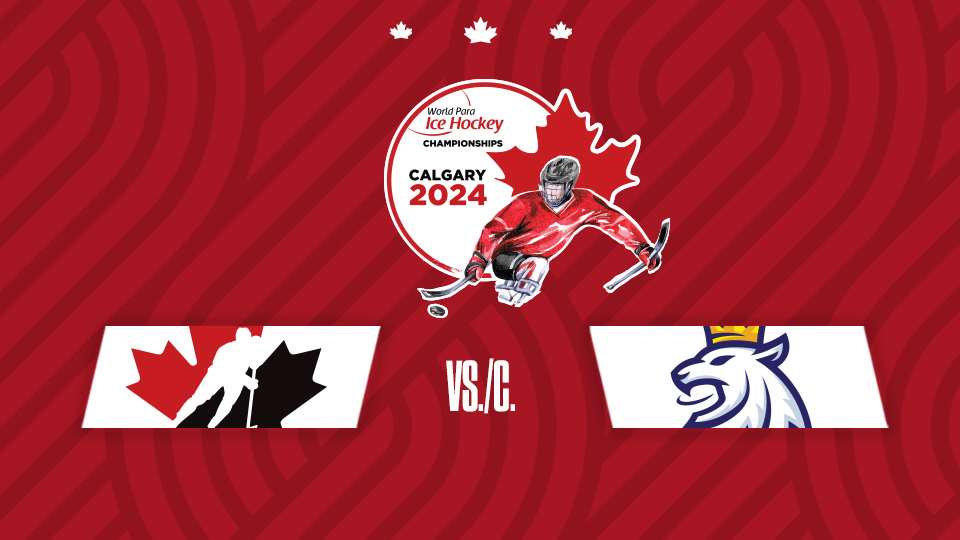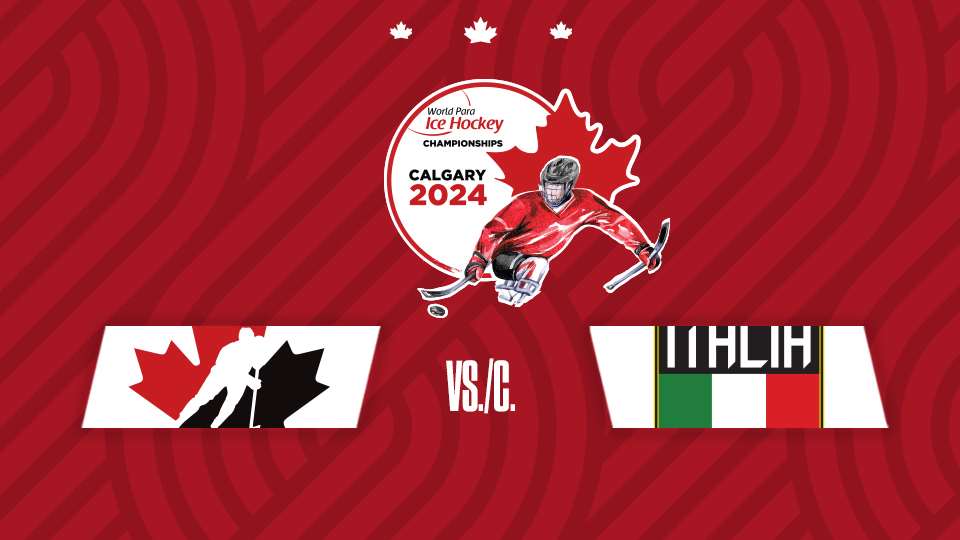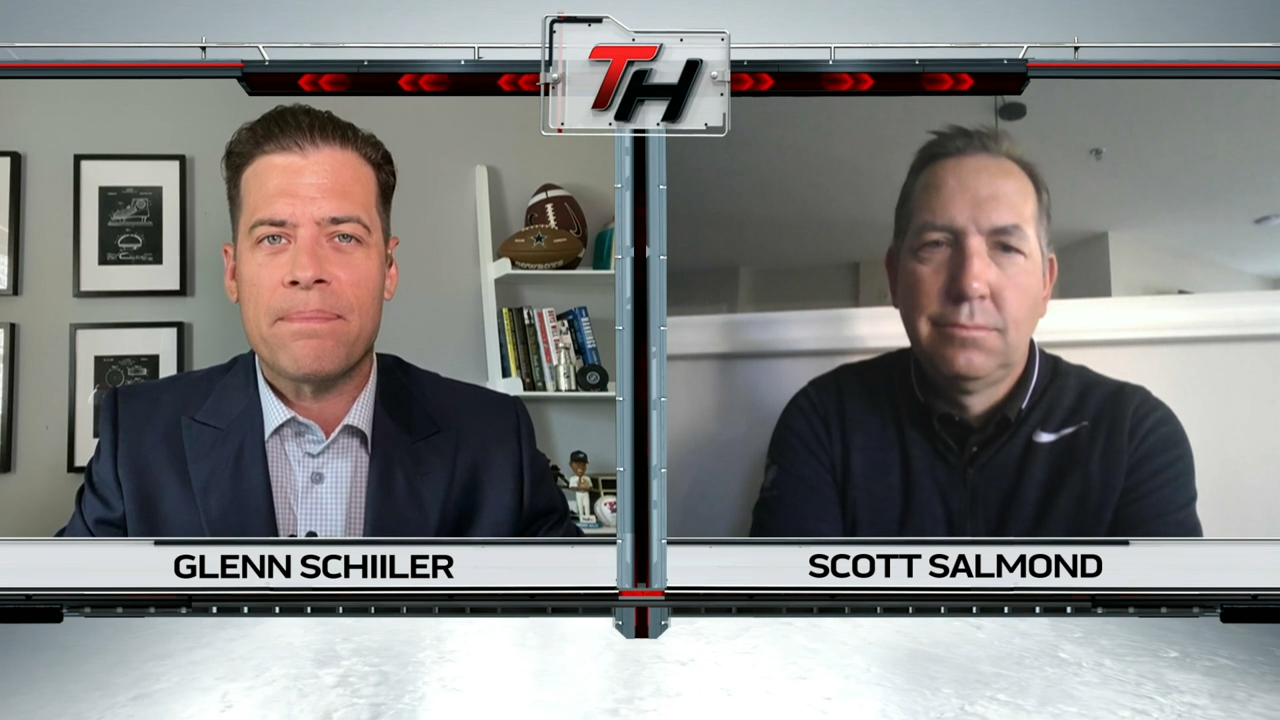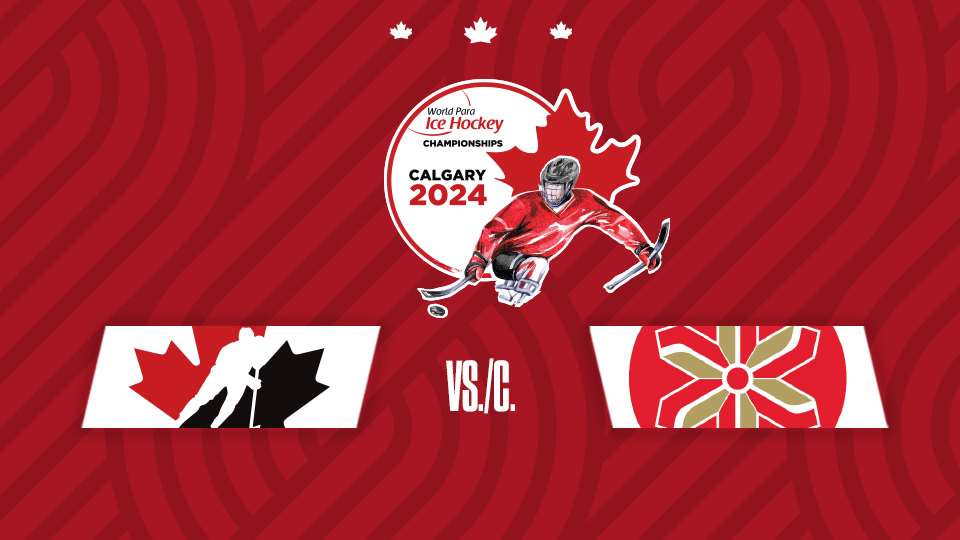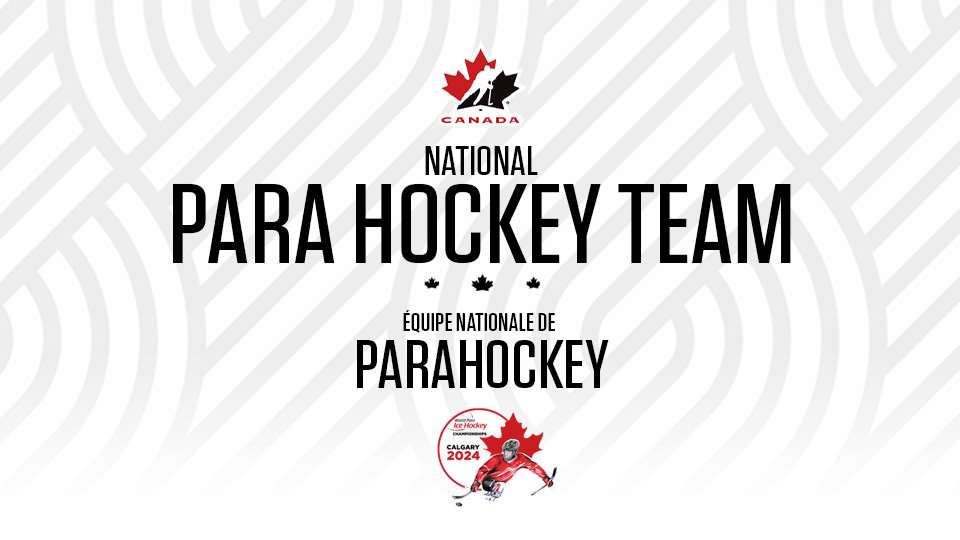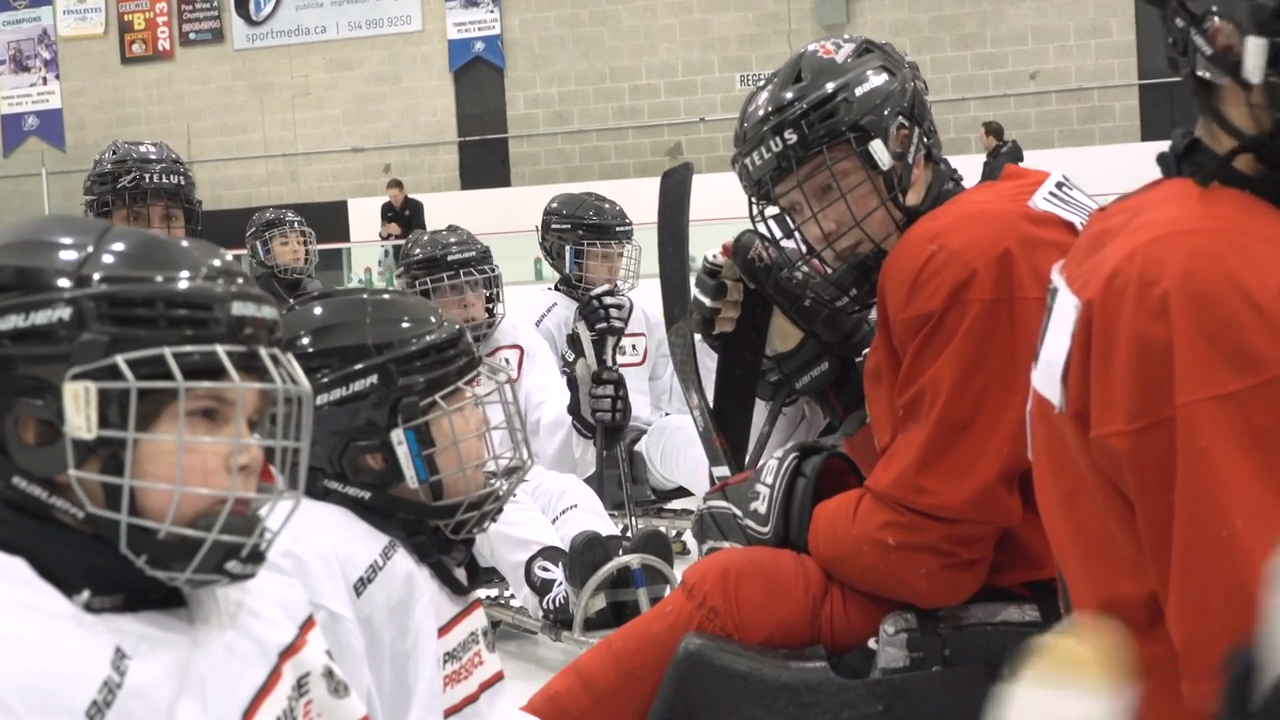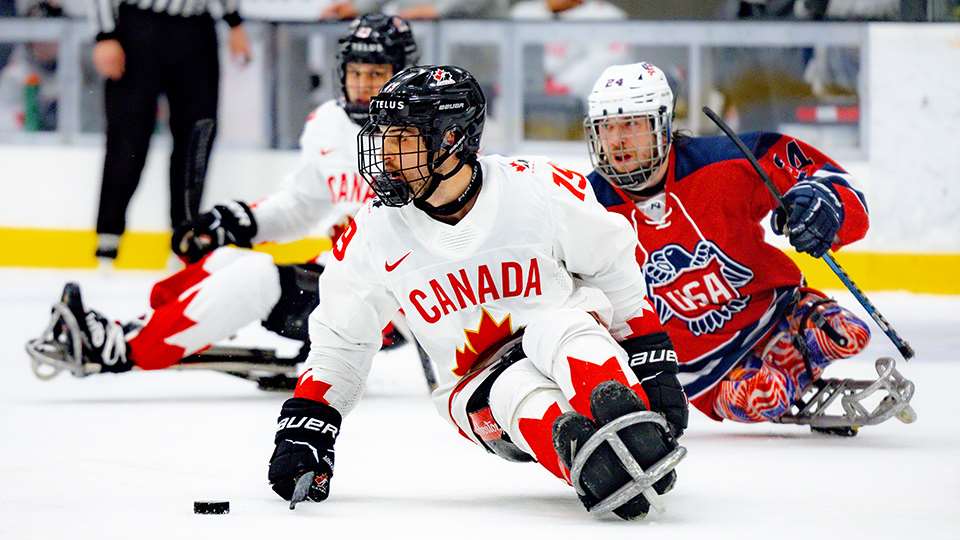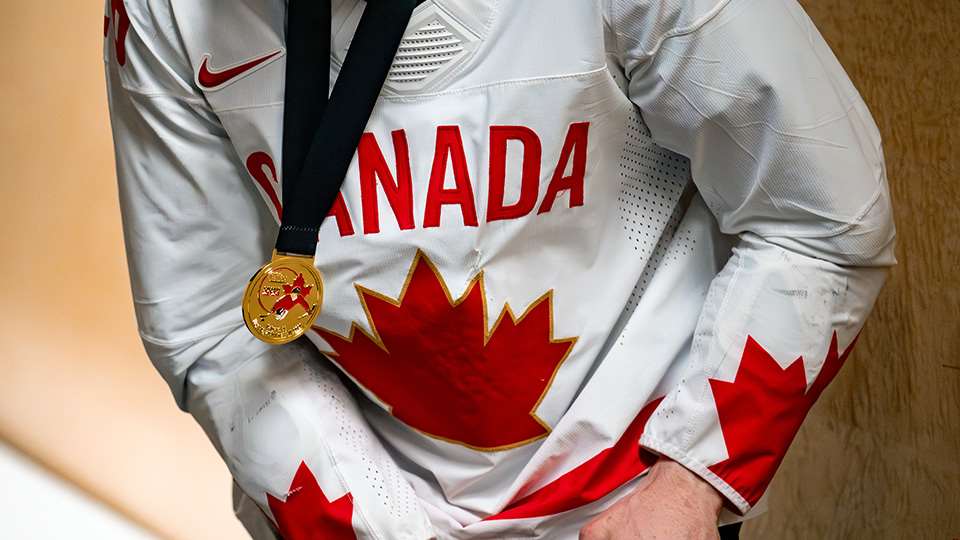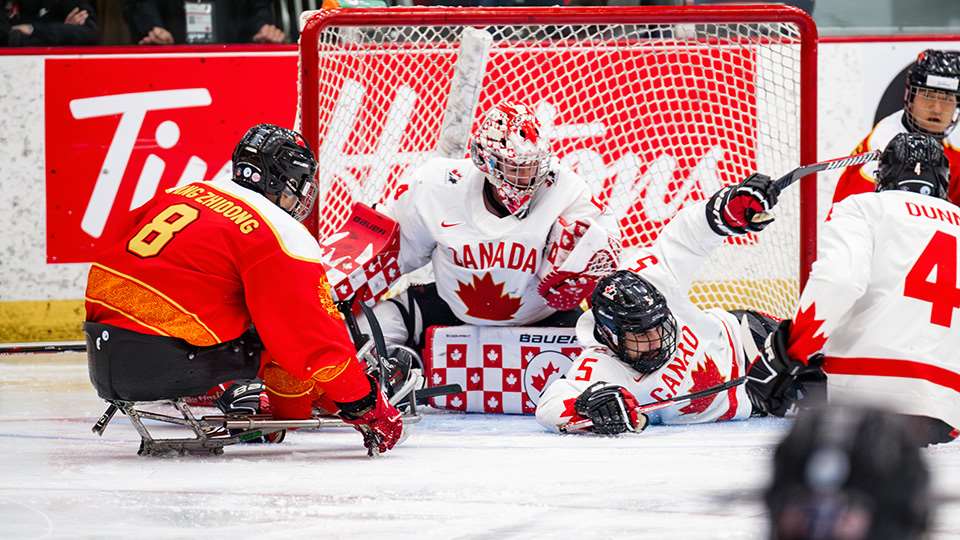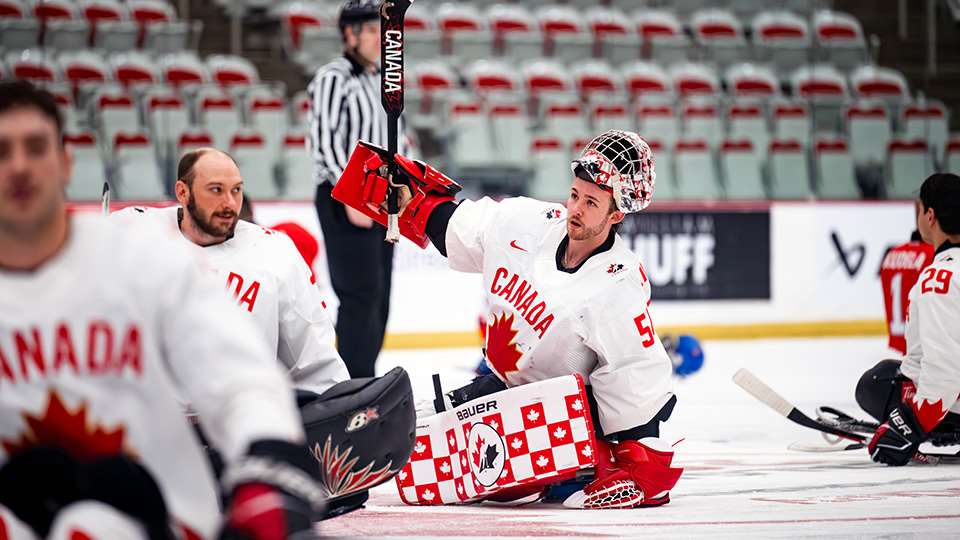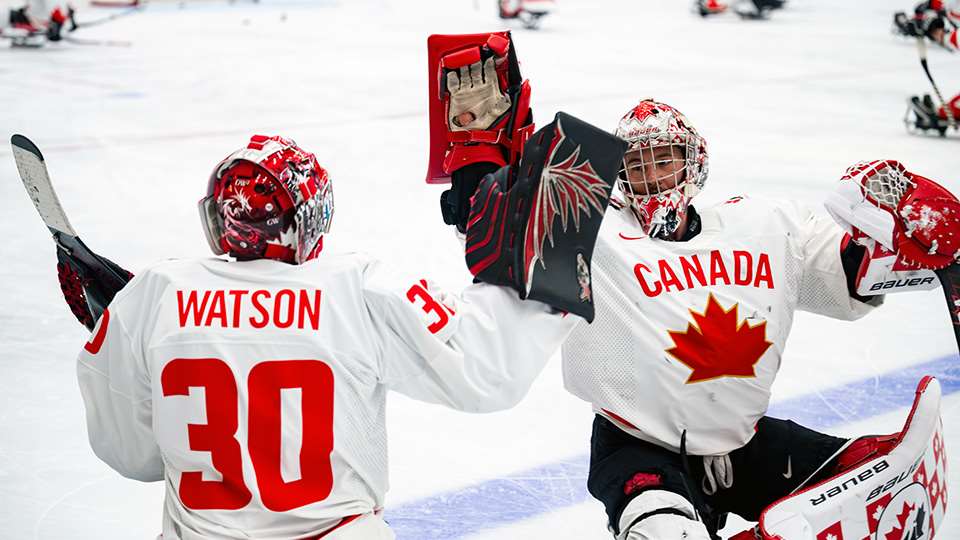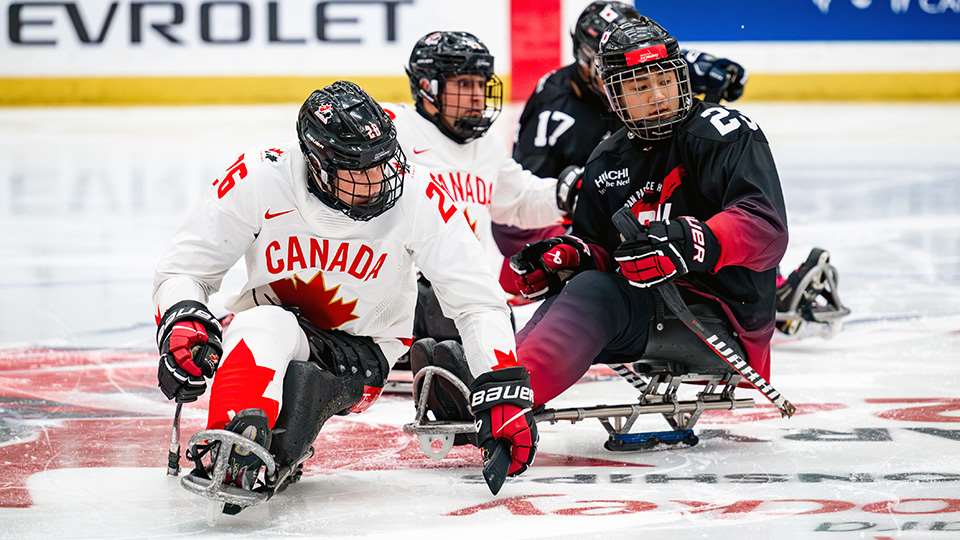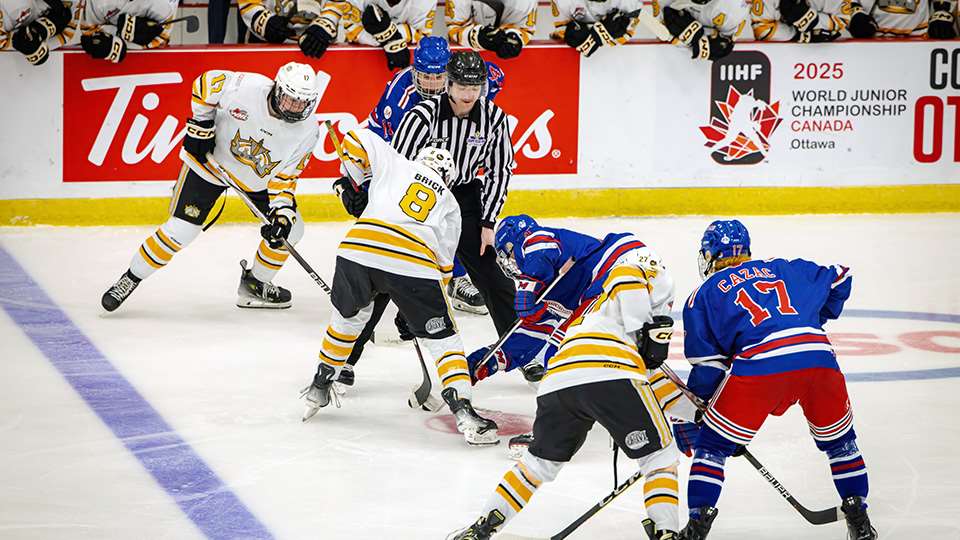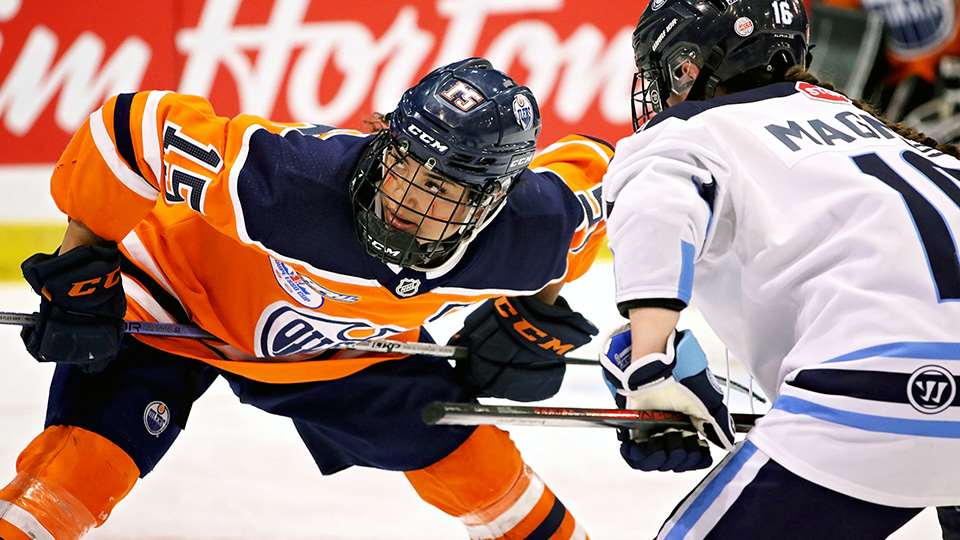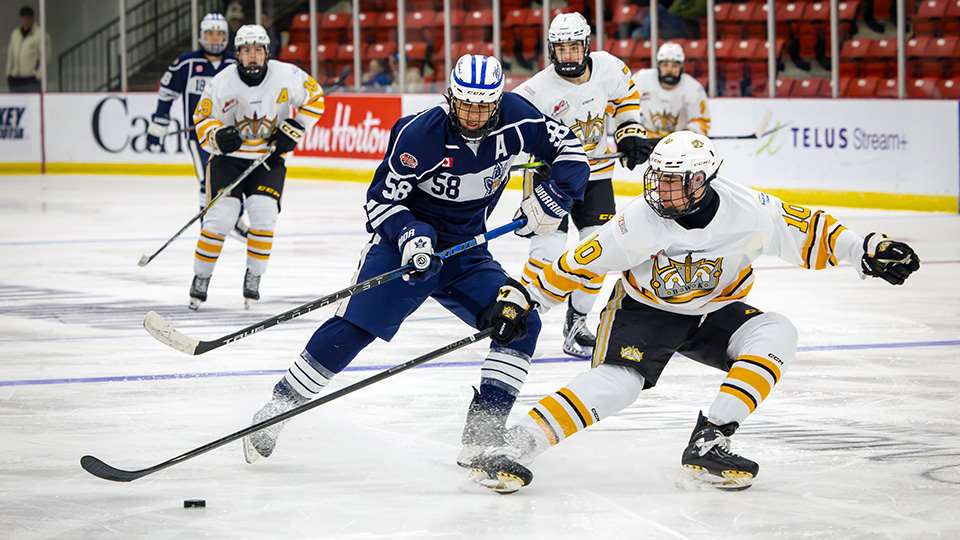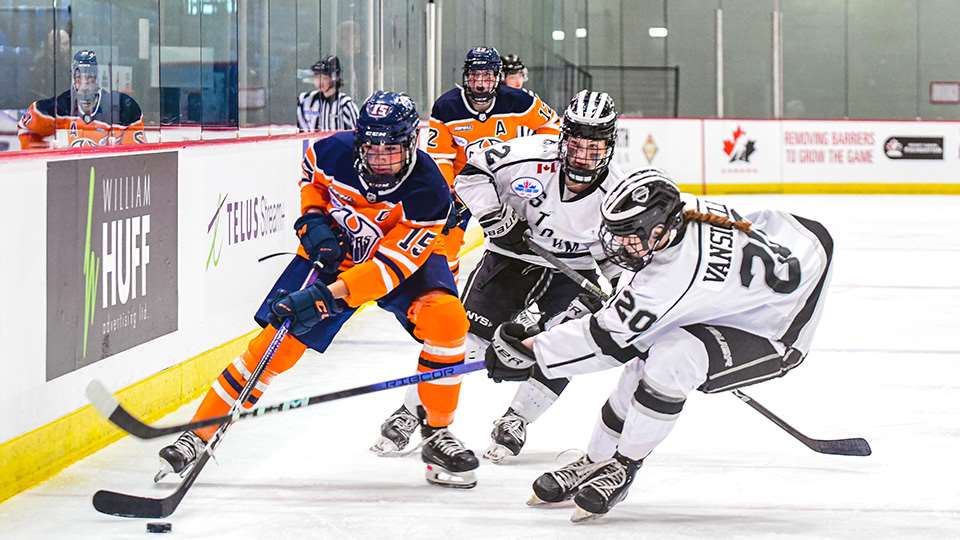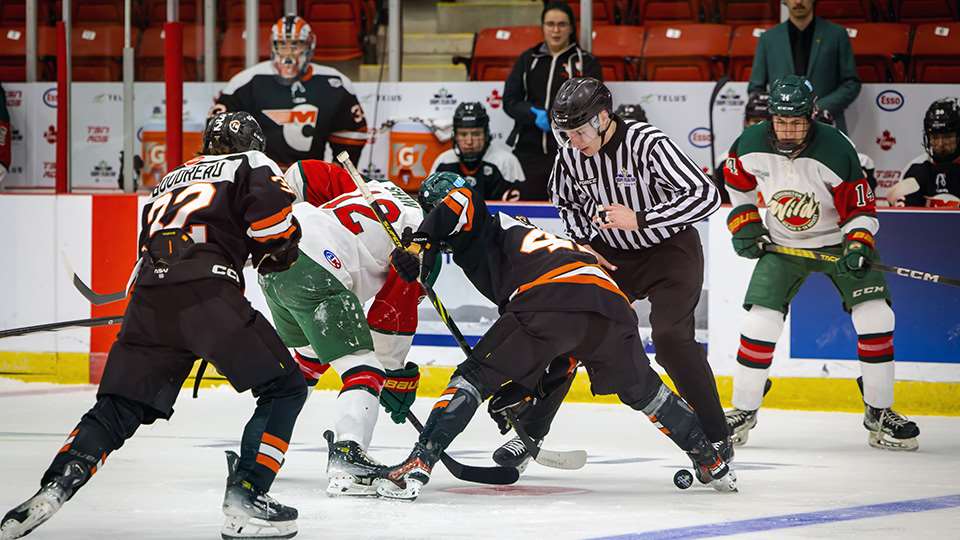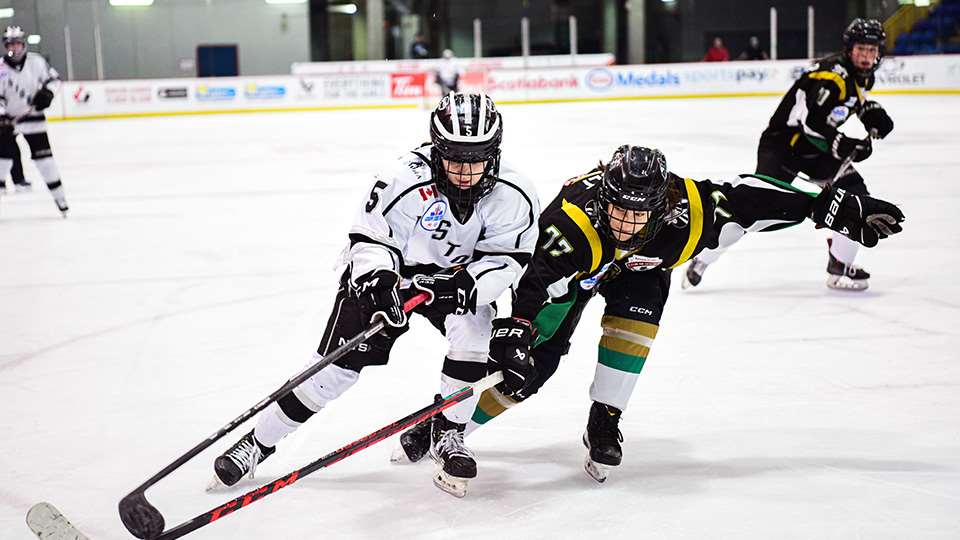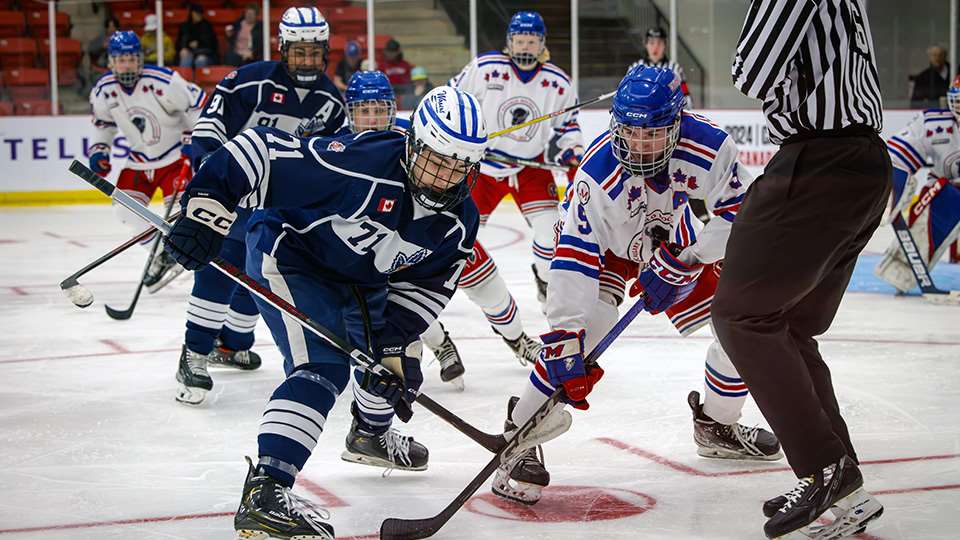
Schedule
Team Canada (Men)
Hlinka Gretzky Cup | Aug. 5-10, 2024
U17 World Challenge | Nov. 3-9, 2024
World Junior A Hockey Challenge | Dec. 10-17, 2023
IIHF World Junior Championship | Dec. 26, 2024-Jan. 5, 2025
Spengler Cup | Dec. 26-31, 2023
IIHF U18 World Championship | April 25-May 5, 2024
IIHF World Championship | May 10-26, 2024
Search
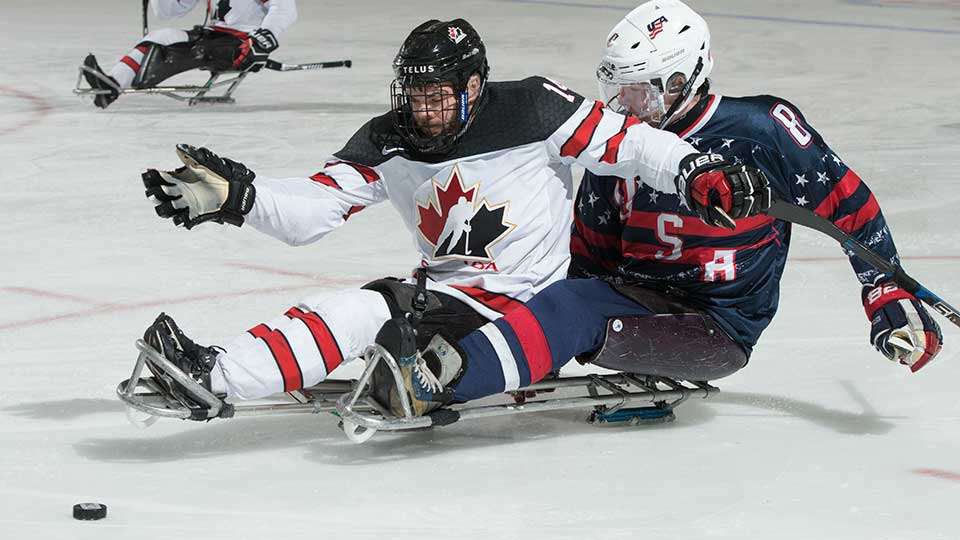
On to the next chapter
Just two years after he closed out a successful playing career, Steve Arsenault has made his way back to Canada’s National Para Hockey Team, this time behind the bench

It says a lot about the character of Steve Arsenault that when he was offered a position as an assistant coach with Canada’s National Para Hockey Team, his first thought wasn’t how the opportunity would affect him, but how it would affect the team.
Just two years removed from the end of his Team Canada playing career, Arsenault wanted to ensure the new position wouldn’t cause any uncomfortable moments in the dressing room.
“When I first found out that I might have this opportunity ahead of me, I called [long-time national team member] Greg [Westlake] to make sure he was okay with it, just because I do not want to put myself in a position that could a distraction in any way for the guys,” he says. “That was the first thing I needed to address.
“I think actually it's going to be more beneficial because they know me, they know how I operate, they know what I'm thinking. Most of them hope they get a similar opportunity when they decide to retire.”
The Spruce Grove, Alta., native skated away from the game following Canada’s 2-1 overtime loss to the United States in the gold medal game at the 2018 Paralympic Winter Games in PyeongChang, the last of his 128 games wearing the Maple Leaf.
As one of the backbones of the Canadian blueline, Arsenault posted 21 points with Team Canada, won a pair of IPC World Para Hockey Championship gold medals (2013, 2015) and earned Paralympic bronze in 2014 to go along with his 2018 silver.
“I'd describe Stevie as a warrior-type player,” says Ken Babey, head coach of Canada’s National Para Hockey Team. “He was a tough hombre on the ice, worked hard, always backed his teammates. He's a guy that, since he's left the program, we really miss in the line-up, because he just gave you that two-way play and was such a good team player.”
It was Babey who brought Arsenault back into the fold, first as a guest coach at a camp last winter, shortly before the COVID-19 pandemic shut down the hockey season.
The bench boss loves the passion and insight Arsenault brings to the position, and his unique ability to connect with players in a way the rest of the staff just isn’t able to replicate.
“As coaches, we're talking to the athletes from a coach/athlete relationship, but he's kind of in between that,” Babey says. “He's a guy who played at a high level, played a number of years, was very successful. When he's talking to the guys individually or collectively, I think their radar may pick up a bit, because it's still like talking to a player. So, they have that relationship. They have the common ground, so to speak, in relation that they're in the sled playing the game.
It’s a coaching style Arsenault was honing even as he continued to represent his country as a player.
In 2014, Wheelchair Sports Alberta made the decision to create a provincial para hockey program to help bridge the gap between the club level and the national team. Alberta Sledge (para hockey was known as sledge hockey until 2016) was the result of that decision and Arsenault – as the lone Albertan on the Team Canada roster – was quick to jump on board as an advisor.
He took over as head coach of the provincial team the following year, and all he has done since then is lead Alberta to four consecutive national para hockey championships (2016, 2017, 2018, 2019).
It's been a complete honour to coach these gentlemen. Proud of you all. #nationalchamps #alberta #undefeated pic.twitter.com/y2CDdIA2To
— Steve Arsenault (@arsenault_14) May 14, 2019
But it’s not the championships he is most proud of. The Alberta program has become one of the major pipelines to Team Canada; during the 2019-20 season, five of Arsenault’s players earned invites to the national selection camp and four – Cody Dolan, Micah Kovacevich, Zach Lavin and Branden Sison – were on the roster for the biggest event of the shortened season, the 2019 Canadian Tire Para Hockey Cup.
“He really accelerated my hockey career at that provincial level and provided me with the insight as a player,” says Dolan, who was part of three national titles with Team Alberta. “In terms of the mentality, the work ethic, even some of the Hockey Canada systems that he was able to bring to our provincial level and emphasize in our own skill set … I really owe a lot to Steve.
“He's like a coach/father, in some sense, making you work hard and teaching you some of the ethics and the morality of the game and really pushing you to be at your best.”
The key to success for Arsenault doesn’t lie in the wins and losses (not that there have been many of those). The basis of the provincial program has always been about producing great players and great people that can succeed at the next level.
“You get to watch them grow,” he says. “Some of these guys on the national team now started [in the provincial program] when they were teenagers, and now I see them as young adults in the national program, on their way to having long careers. Seeing that progress, I find that exciting and very rewarding, even more so than winning championships.”
The opportunity exists now for Arsenault to take his coaching philosophies one step further, to influence not only the next generation of para hockey players from Alberta, but from across the country.
After two years away, he is excited to be back around the national team, to be a part of what Hockey Canada has been building, to learn from Babey and his staff and to chase the one piece of hardware that eluded him as a player.
“A lot of the guys I kind of disconnected from when I retired,” Arsenault says. “It’s great to catch back up with them and see how much they've progressed both in maturity and skill level, especially the younger guys. The culture they've created even from when I retired has improved so much. It kind of makes me wish I was still playing, because that culture is the kind of culture I would want to be part of. It's fun.
“I want to help the guys find success, and I want them to win a [Paralympic] gold medal, because that's something that I was never able to do as a player. That's my first and foremost goal. I bled for that team for a very long time, so it's exciting to be back with them. I look forward to the road ahead.”
For more information: |
- <
- >

















